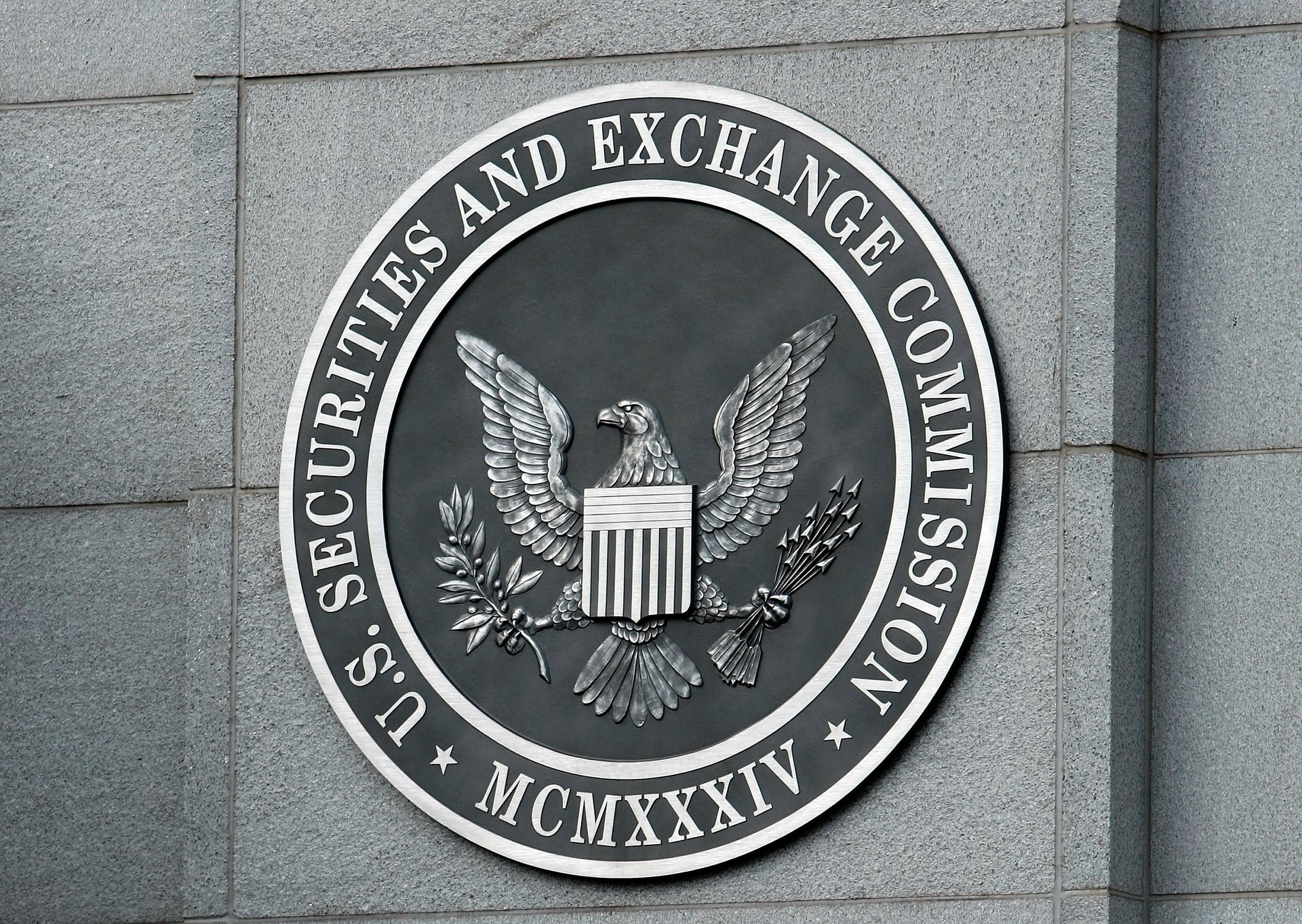An Elon Musk-backed Supreme Court ruling makes it harder to punish fraud
The court decided that the SEC can't use administrative law judges to decide disputes

The U.S. Supreme Court just struck down a key tool used by the Securities and Exchange Commission (SEC) to enforce laws against securities fraud in a major win for billionaires such as Tesla CEO Elon Musk.
Suggested Reading
The court ruled Thursday against the agency in SEC v. Jarkesy, a case brought by former conservative radio talk show host and hedge fund manager George Jarkesky, who was accused by the SEC of misleading investors in 2013. Allies have argued that the SEC’s practice of bringing some enforcement actions before an administrative law judge — an internal judge who oversees unofficial hearings — is unfair.
Related Content
“A defendant facing a fraud suit has the right to be tried by a jury of his peers before a neutral adjudicator,” Chief Justice John Roberts wrote for the court’s 6-3 opinion.
The ruling limits the regulatory agency’s powers to issue fines. The court’s decision could also have far-reaching effects on the dozens of agencies that rely on such judges to decide legal disputes outside of the courts. Most of the 1,931 administrative law judges are employed by the Social Security Administration, the Department of Health and Human Services, and the Department of Labor.
Jarkesky’s efforts were backed by a number of high-profile individuals, including Musk and Mark Cuban, who wrote in a court brief with the Investor Choice Advocates Network and other businessmen that the use of internal judges leads to “unequal and unjust results” and weakens faith in public institutions. Each of the people who signed on to that brief have their own rough histories with the SEC — especially Cuban and Musk.
Musk and Tesla were forced to pay $20 million each in civil penalties to the SEC in 2018 after the CEO floated taking Tesla private at $420 per share and wrote “funding secured” on the social media platform formerly known as Twitter. Musk was also forced to resign as Tesla’s chairman and signed a consent decree that requires some of his tweets be reviewed by a company lawyer before they are posted.
In April, the Supreme Court denied Musk’s request that it hear his appeal of a lower court’s earlier decision which upheld the consent decree. In his motion, Musk’s lawyers argued that the SEC had made public criticism of the agency “punishable with contempt” through the gag order.
Cuban on Thursday celebrated the ruling, writing in a post on X, formerly Twitter, that “It only took 9 years, but TBH, the SEC will always try every way it can to put its finger on the scale of justice.” In 2016, Cuban submitted a brief in a separate court case arguing that the SEC’s didn’t properly appoints its administrative law judges.
In 2008, the SEC accused Cuban of trading on non-public information when he sold his shares in Mamma.com, avoiding a major loss in the process. In 2013, he was cleared of the charges.